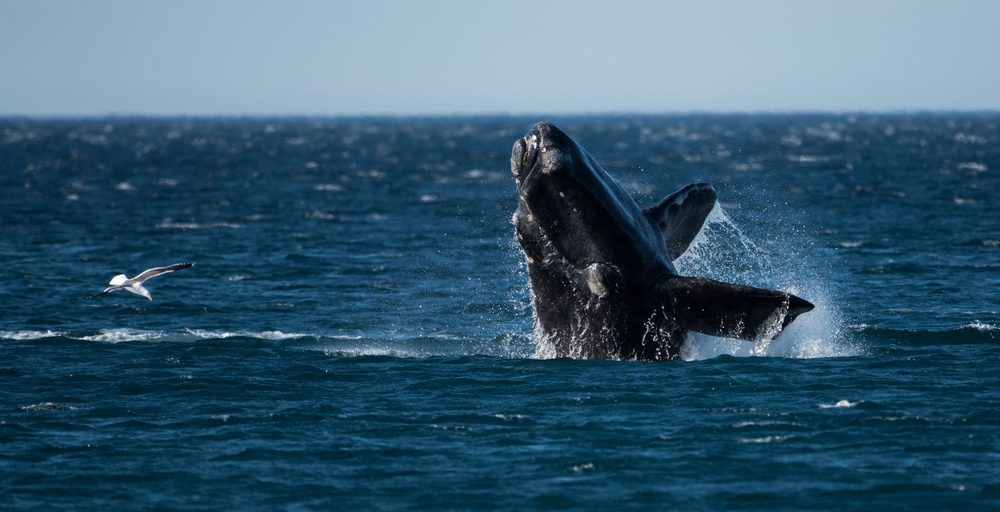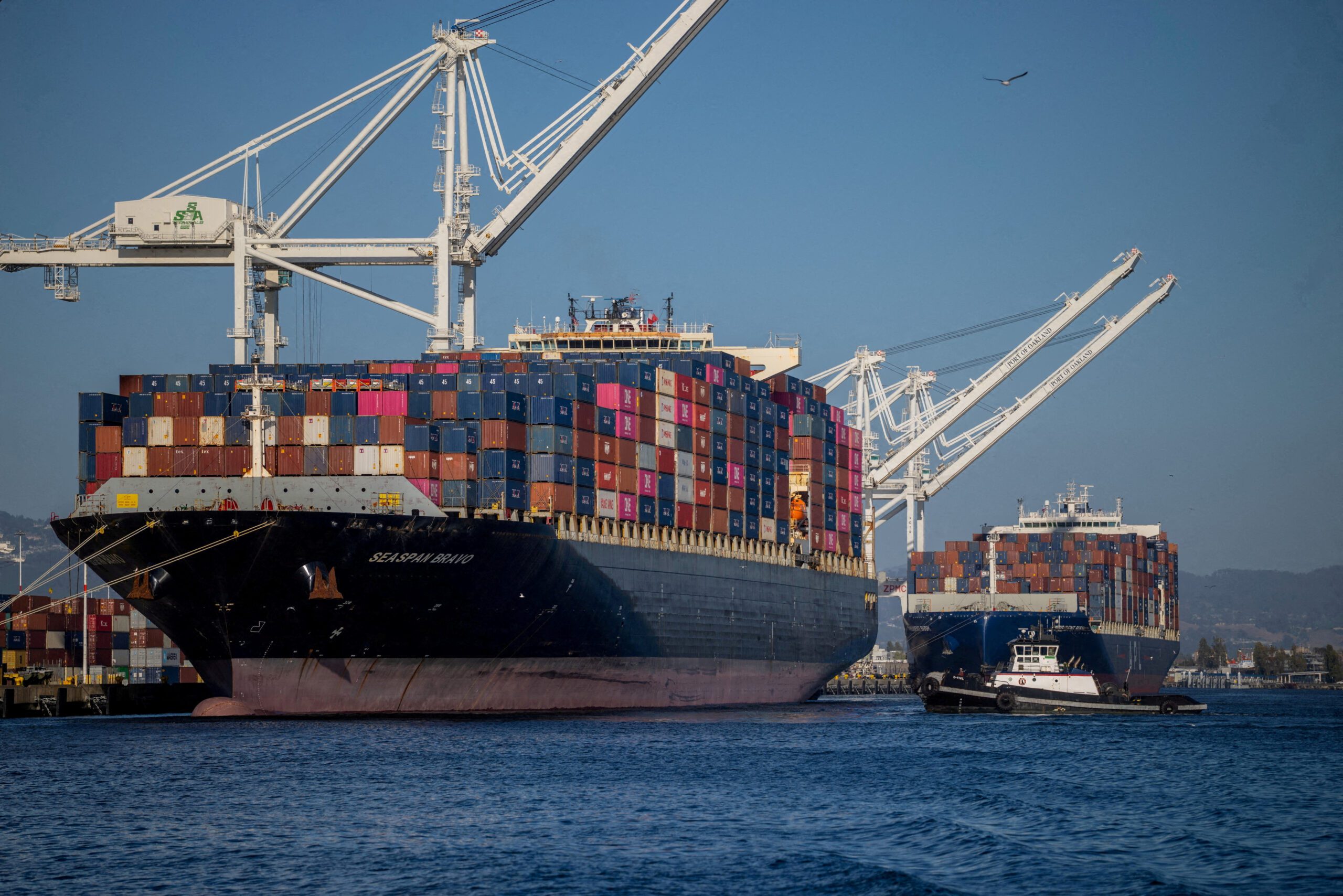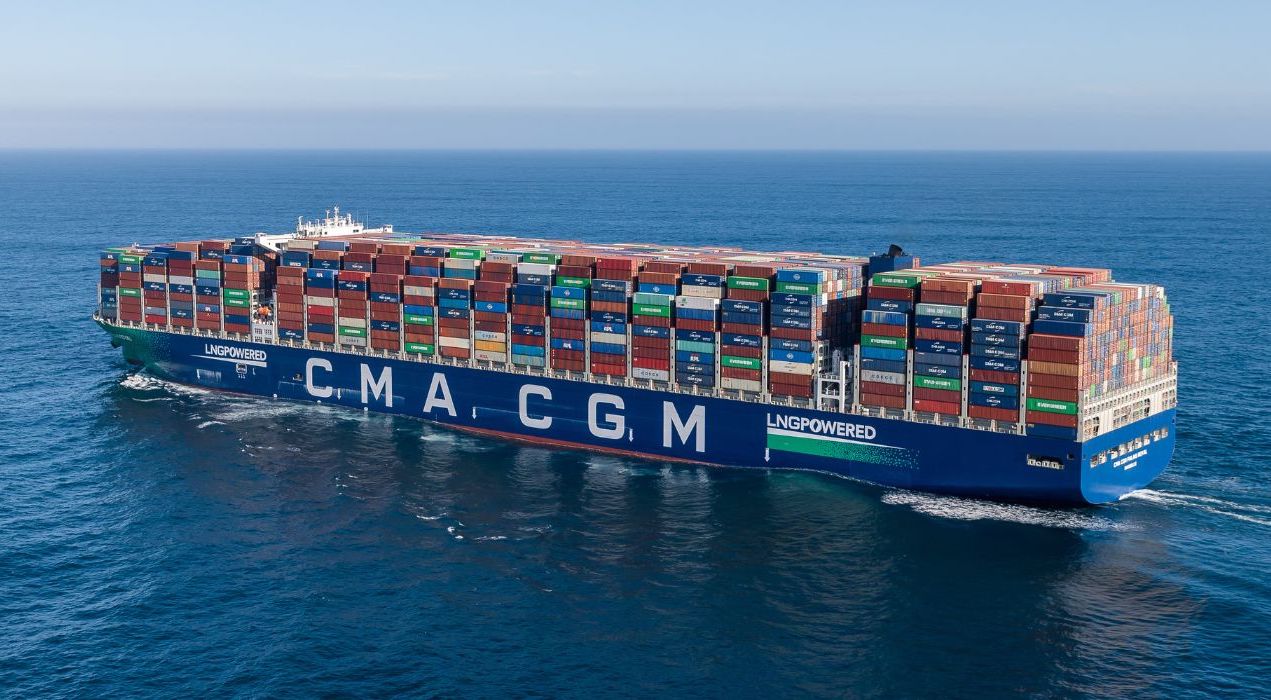Photo: Mariano Jedrzejewski / Shutterstock
By Gavin van Marle (The Loadstar) – As the International Maritime Organization’s (IMO) environmental work group gathers in London for its annual conference this week, delegates are being urged to consider new regulations to reduce ship speeds.
The IMO’s Marine Environmental Protection Committee’s (MPC) working group on greenhouse gas emissions (GHGs) will consider proposals for short-term measures to tackle shipping’s climate impact, including proposals to reduce ship speeds.
According to new research from environmental groups Seas at Risk and Transport & Environment, cutting ships speeds by 10%-20% could produce 13%-24% less CO2, SOx and NOx emissions, respectively.
“Speed reduction is the closest thing to a silver bullet the IMO will ever see,” said John Maggs of Seas at Risk.
“Delegates have, on the table, proposals to reduce ship speed that would not just make a big dent in shipping’s climate impact, but would massively reduce air pollution, underwater noise pollution and the incidence of fatal collisions between whales and ships – all issues the IMO must deal with.”
The reports also focus on the effects of ship speeds on the marine environment, in terms of it as a habitat for wildlife – in particular, aquatic noise pollution from ships’ engines, which has been shown to disturb marine migratory patterns and are thought to significantly increase the chances of ships striking whales.
The report describes how a 10% reduction in speed would reduce underwater sound energy by around 40%, while a 20% reduction in ship speed would reduce underwater noise pollution by 66% and the chance of a fatal collision between a ship and a whale by a massive 78%.
“Both noise and whale strikes are having a serious impact on the health of the marine environment,” it added.
“Killing four birds with one stone is pretty good, but when you add in that it saves shipowners money on their fuel bills, it really is a no-brainer,” said Faig Abbasov from Transport & Environment.
The Loadstar is fast becoming known at the highest levels of logistics and supply chain management as one of the best sources of influential analysis and commentary.
Check them out at TheLoadstar.co.uk, or find them on Facebook and Twitter.

 Join The Club
Join The Club











